Budapest roads renamed in protest against Chinese university
- Published
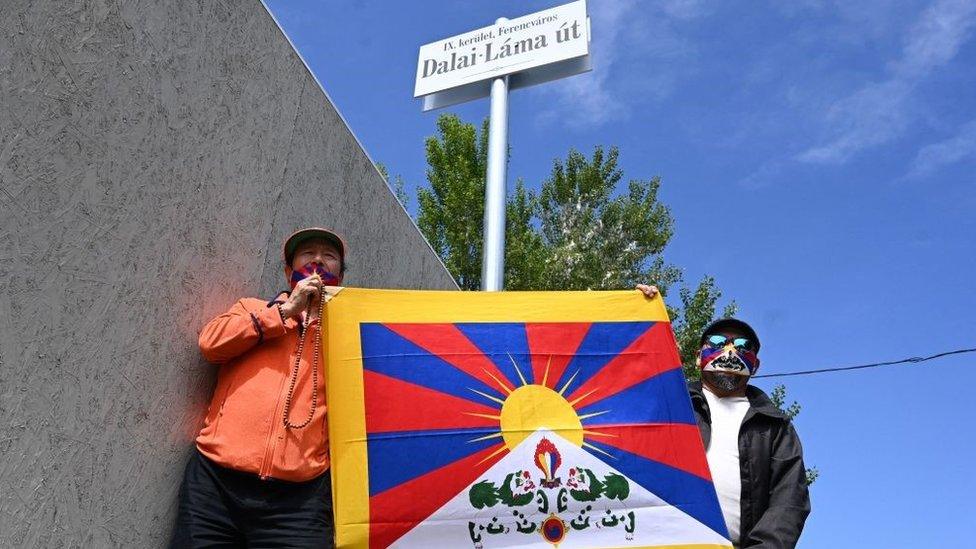
Activists hold the Tibetan flag underneath a street sign reading Dalai Lama Street in Budapest
The mayor of Budapest has announced he will rename streets in the Hungarian capital in protest at plans to build a Chinese university in the city.
The four new street signs include Free Hong Kong Road and Dalai Lama Street.
They are all in an area where the Fudan University plans to open its new campus, a move backed by Prime Minister Viktor Orban's government.
Liberal mayor Gergely Karacsony has voiced concerns about "Chinese influence-buying" in Hungary.
There is growing unease among Mr Orban's critics towards his closeness to countries including Russia, China and Belarus, as well as his curbs on independence of the media and higher education.
Fudan University is one of China's most prestigious educational institutions. The campus in Budapest, which is expected to be finished by 2024, will be its first site in the European Union.
"We still hope the project won't happen, but if it does then it will have to put up with these names," Mr Karacsony told a press conference.
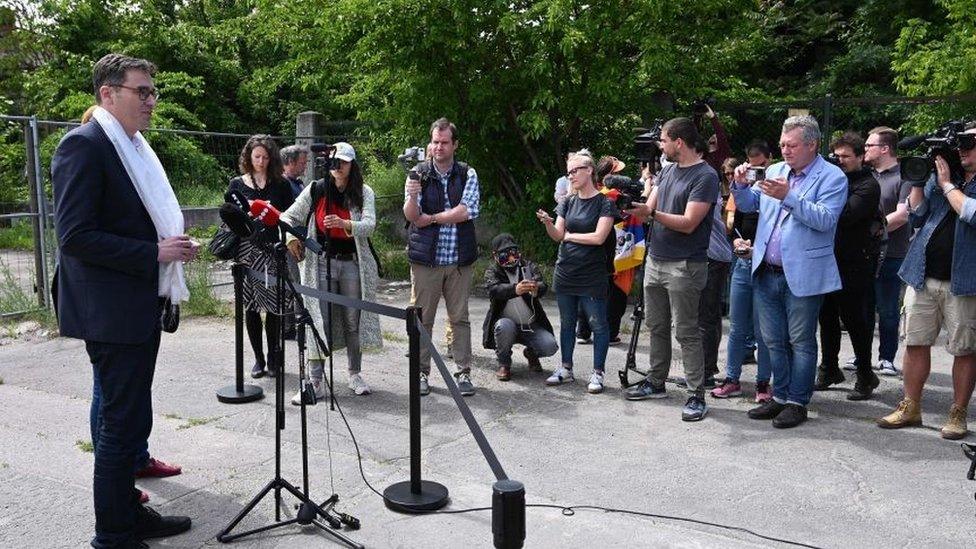
Budapest mayor Gergely Karacsony has voiced concerns about "Chinese influence-buying"
The new street names focus on alleged human rights abuses committed by China.
The Dalai Lama - Tibet's exiled spiritual leader has been labelled as a dangerous separatist by Beijing.
Another street commemorates the Hong Kong democracy movement, which has seen enormous and long-lasting protests against Beijing's power in Hong Kong.
A third street will be renamed Uyghur Martyrs' Road, after the mainly Muslim ethnic group that international governments say has been the victim of sustained human rights abuses and genocide in Xinjiang, China.
A fourth, Bishop Xie Shiguang Road, is in reference to a persecuted Chinese Catholic priest.
China denies any allegations of human rights abuses.
"This Fudan project would put in doubt many of the values that Hungary committed itself to 30 years ago" at the fall of Communism, Mr Karacsony said.
Documents obtained by Direkt36, a Hungarian investigative-journalism outlet, show that construction costs are expected to be around $1.8 billion (£1.2 billion). This is more than the Orban government spent on its entire higher-education system in 2019.
Some $1.5 billion of the costs will be provided by a loan from a Chinese bank, the documents showed.
Around two thirds of Hungarians do not support the Chinese university, according to liberal think tank Republikon Institute.
But Tamas Schanda, Hungary's deputy minister for innovation and technology, said last week that the university "means that it will be possible to learn from the best in the world".
Last year, Europe's top court ruled that Hungary broke EU law when education rules forced a university in Budapest to shift most activity abroad.
The European Court of Justice said that conditions imposed by Mr Orban's government were incompatible with EU law.

You may also be interested in:
The Conspiracy Files: Why did Hungary’s PM turn on George Soros?
Related topics
- Published6 October 2020
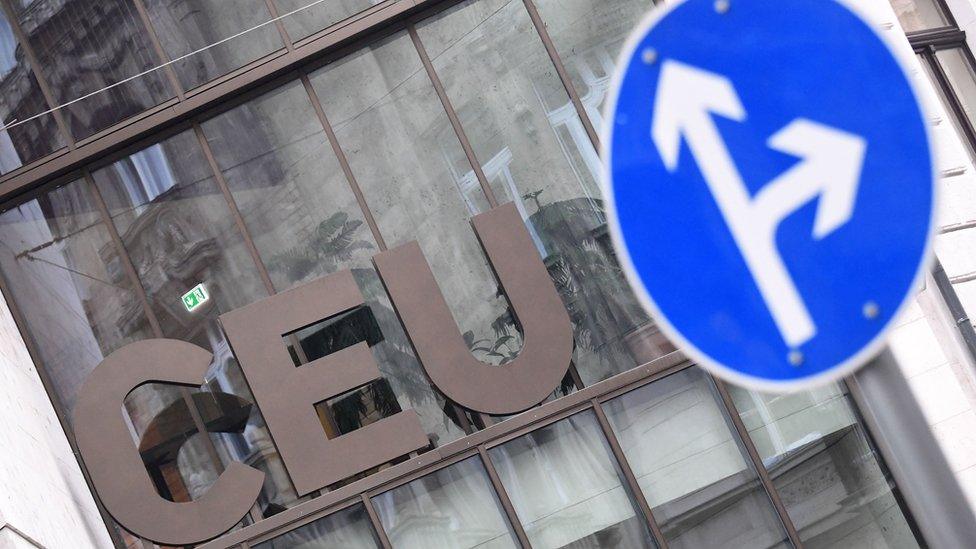
- Published2 February 2021
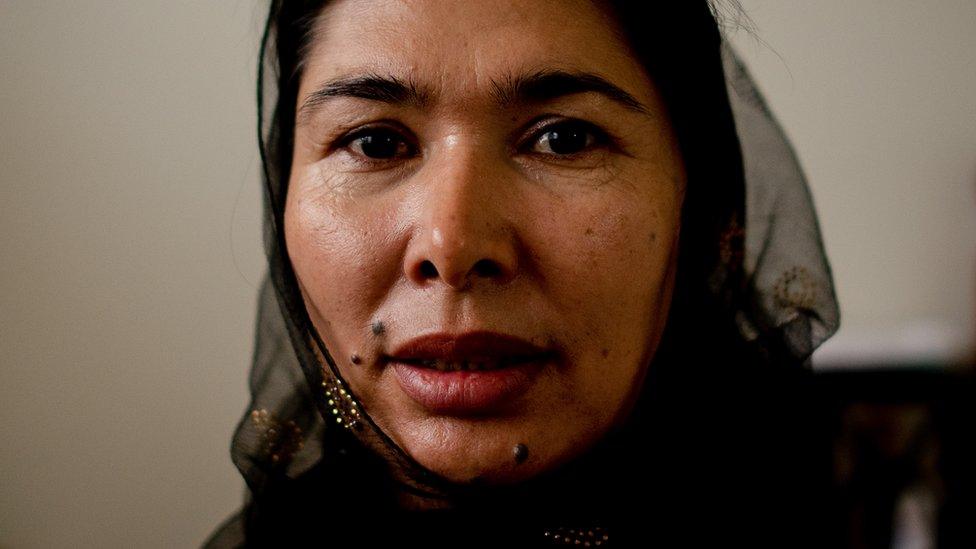
- Published28 May 2021

- Published21 May 2020
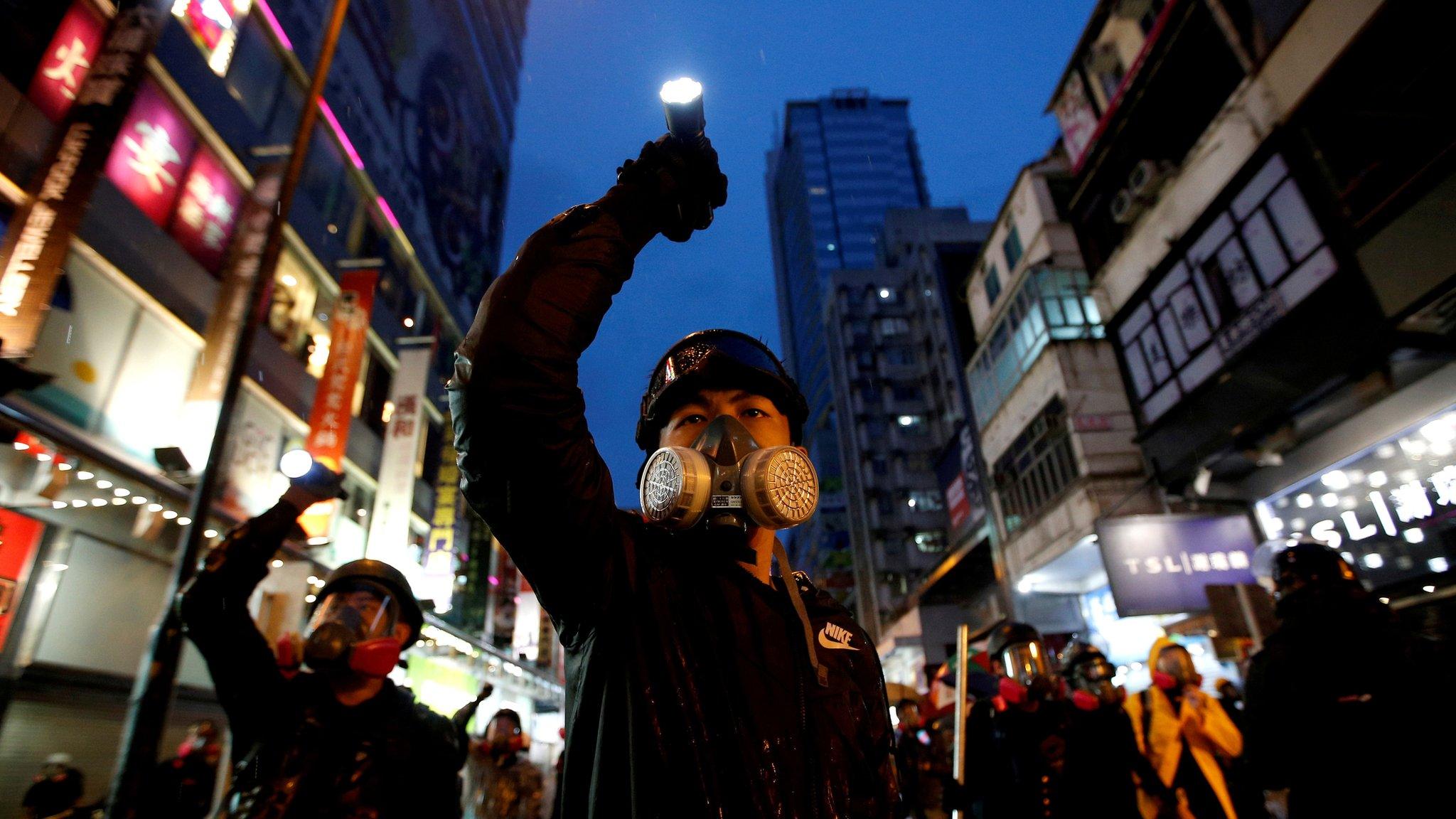
- Published3 March 2021
